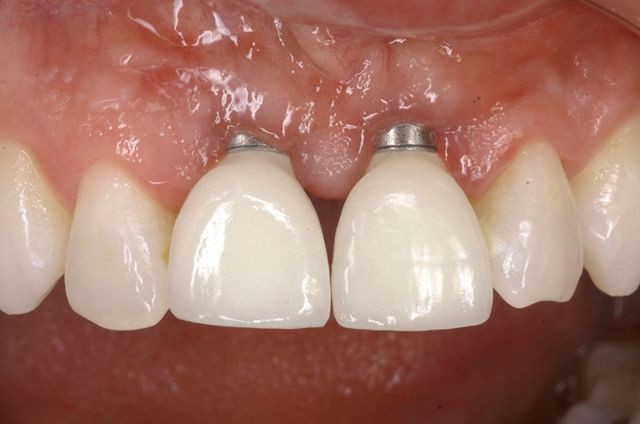Despite the massive improvements in dental care, it is unfortunate to note that many people still suffer from tooth loss secondary to injury, decay, or periodontal disease. For many years, the primary treatment options used to treat missing teeth were dentures and bridges. Luckily, a better option has been added to the list: dental implants.
Essentially, dental implants are replacement tooth roots. They provide a robust foundation for permanent (fixed) and removable teeth replacement. Dental implants are also designed to match the natural teeth. While dental implants are considered the best option available nowadays, they also come with certain risks. For instance:
Improper Positioning
The risk may occur during the positioning or the placement of the implant within the jawbone.
Nerve Damage
The risk may occur when the dentist accidentally damages a nerve at that area. It is important to note that modern dentistry has made some improvements in terms of these concerns by providing dentists with implant systems, which are made of bio-compatible materials and reduce the risks involved in implant placement.
Infection
The risk may occur because of improper use of antibiotics or when a patient does not take proper care on their dental implants.
Infection can be prevented by using bio-active barriers to isolate infections from occurring at the site where implants are placed, regular checkups and teeth cleanings by dentists, as well as brushing the gums regularly to avoid infection.
Also, it is important for patients to keep themselves healthy through good diet and exercise because they will lower their risks of getting infections and diseases, which can be detrimental to their oral and overall health.
Anesthesia
This is also a risk that involves proper use of analgesics during the procedure. Dentists should minimize their patients’ discomfort as much as possible by making sure anesthetics are properly used before performing any procedures on them.
However, it is still important for patients to communicate with their dentists, especially if they are suffering from certain medical conditions like breathing problems or heart problems because these temporary side effects may worsen during dental procedures due to improper anesthesia and pain management.
Also, it is common for dentists to ask their patients about any medications that they have been using even if these drugs are over-the-counter because most of them can interfere with the proper and safe use of their anesthesia.

Inability to follow post-treatment care plan
Following a post-treatment care plan is another risk factor for patients who have dental implants because it can affect the success rate of this procedure, as well as the overall health of these restorations.
Post-treatment care plans should always be followed by patients to ensure better results within the first year after an implant placement and if surgery has been performed on them.
To avoid future complications, it is also important that they regularly visit their dentist for checkups and cleanings because any infections will most likely cause damage to the restorations placed in the mouth.
When having dental implants, a patient has multiple recovery options to choose from depending on how well they can maintain their oral hygiene.


